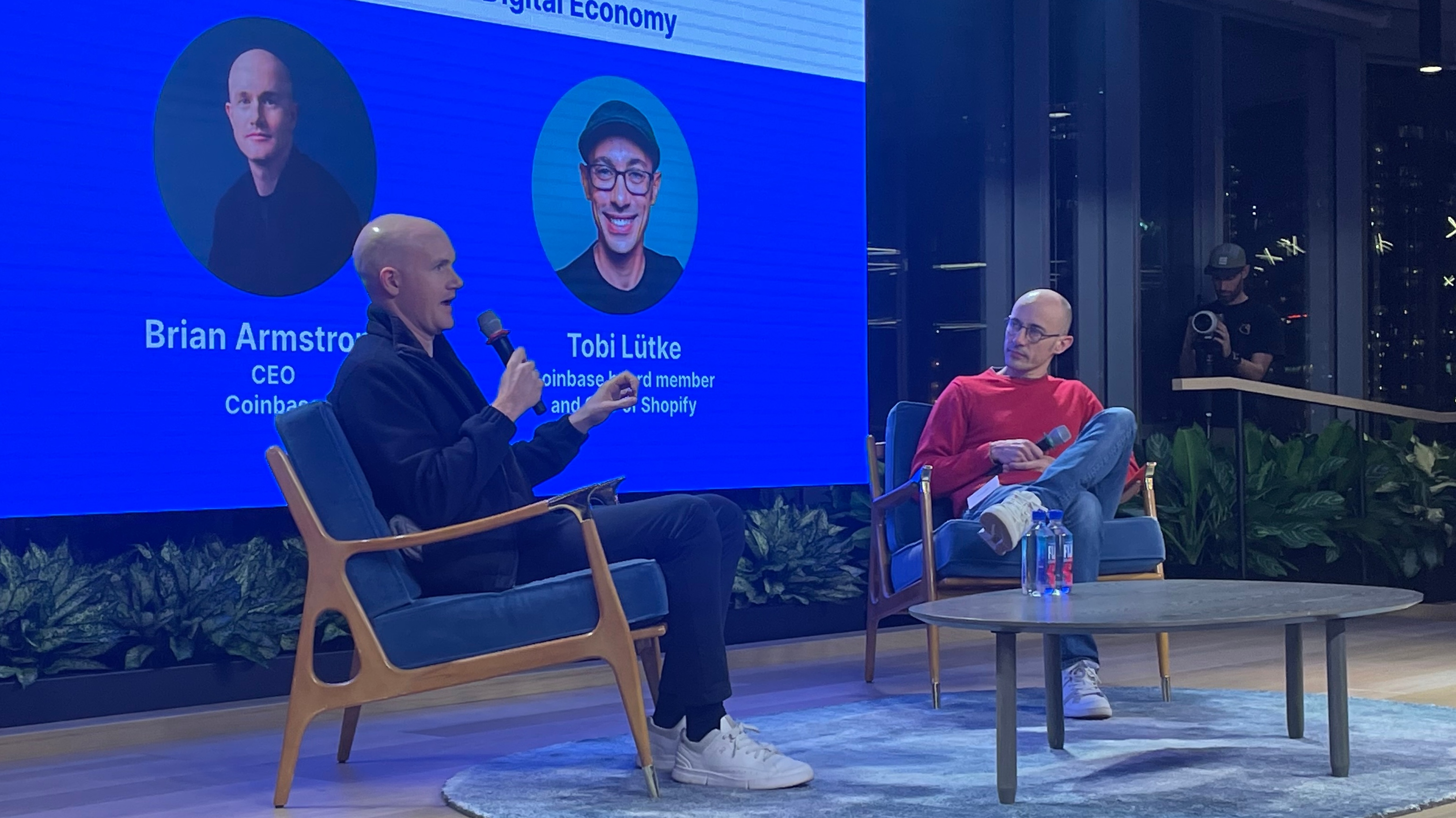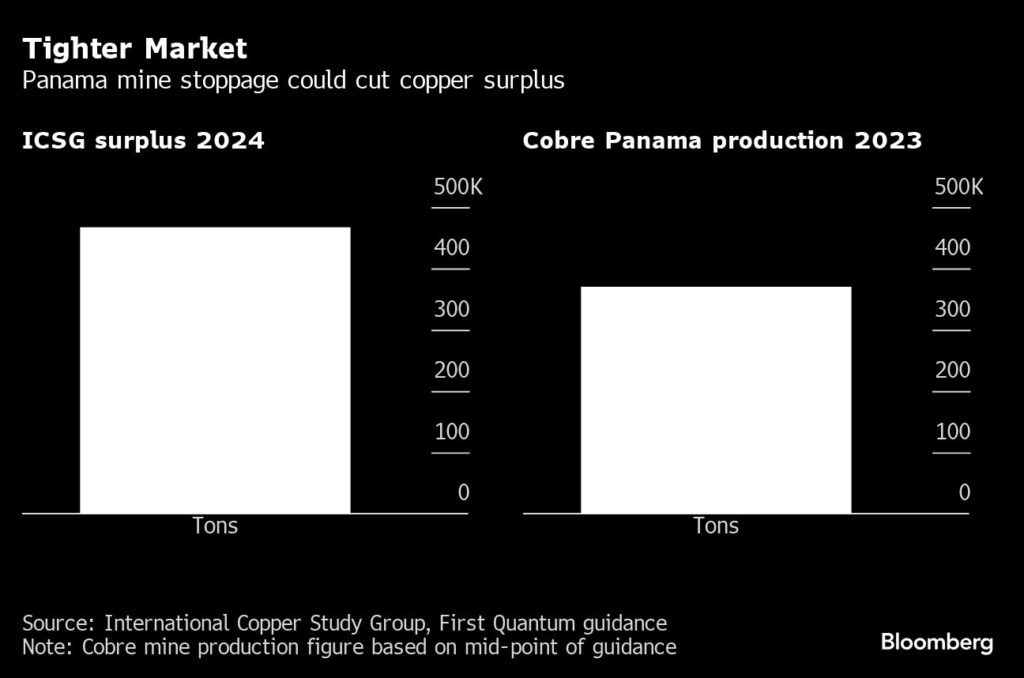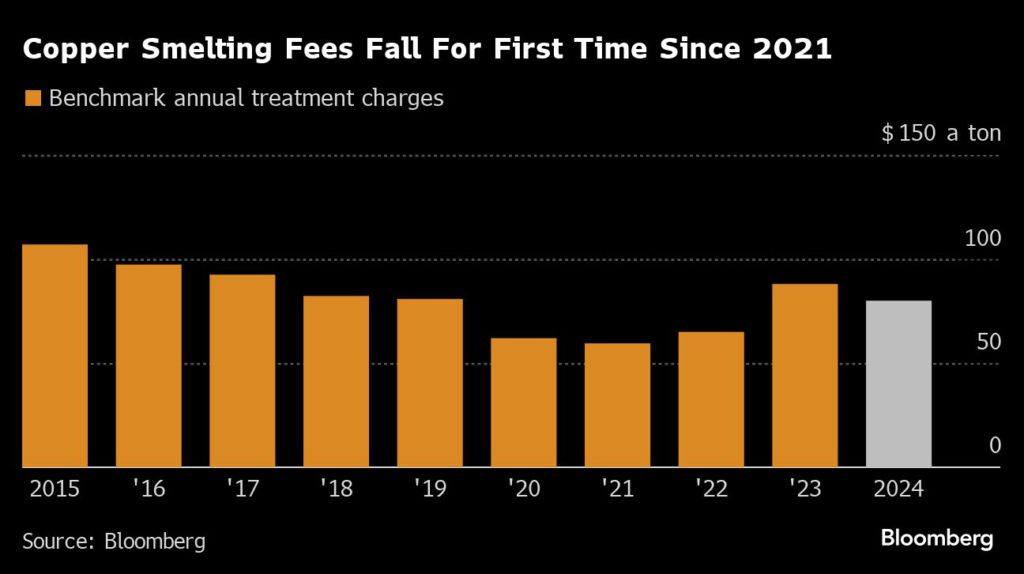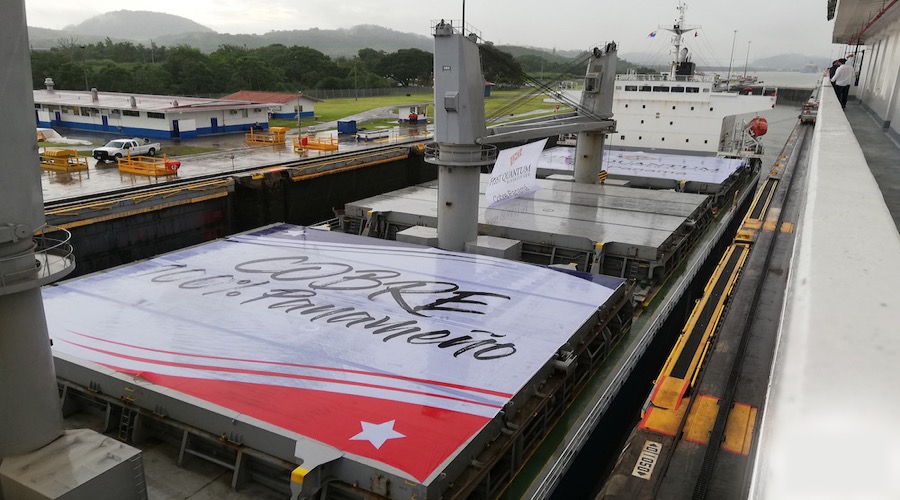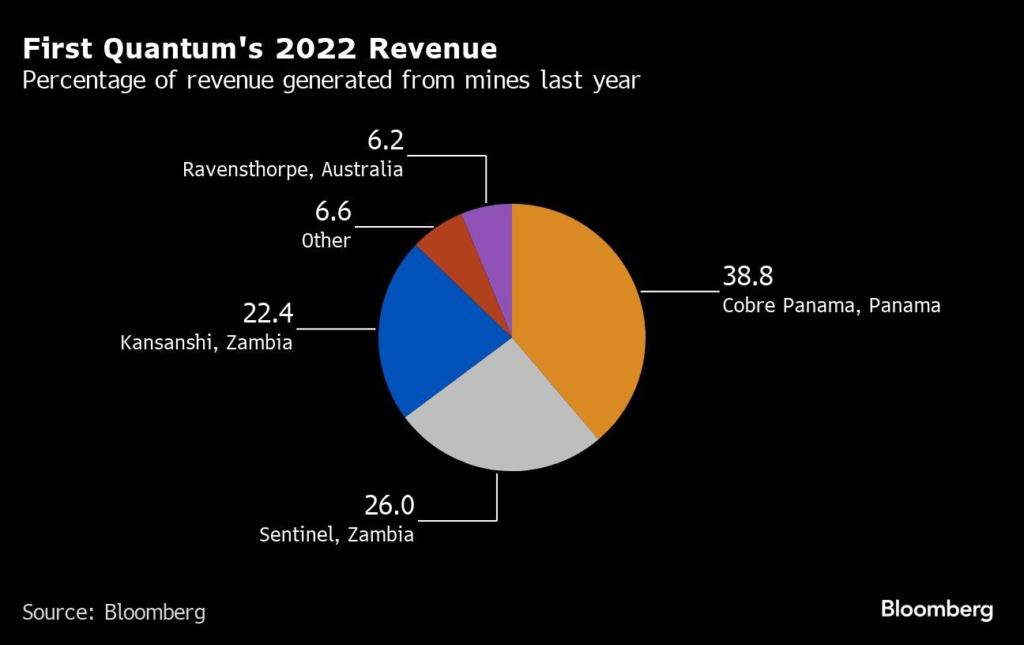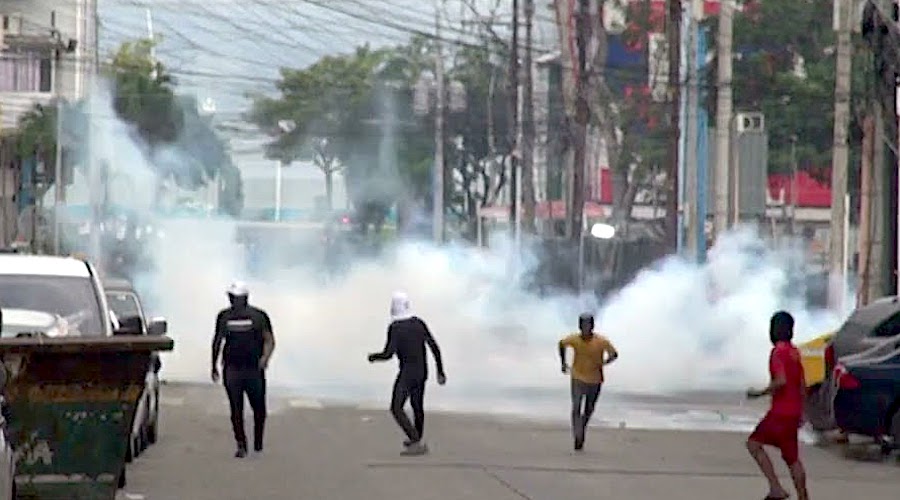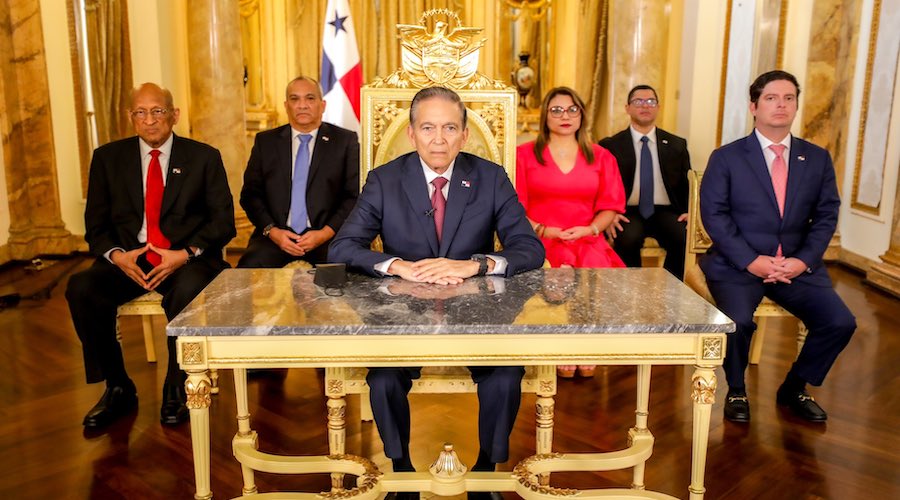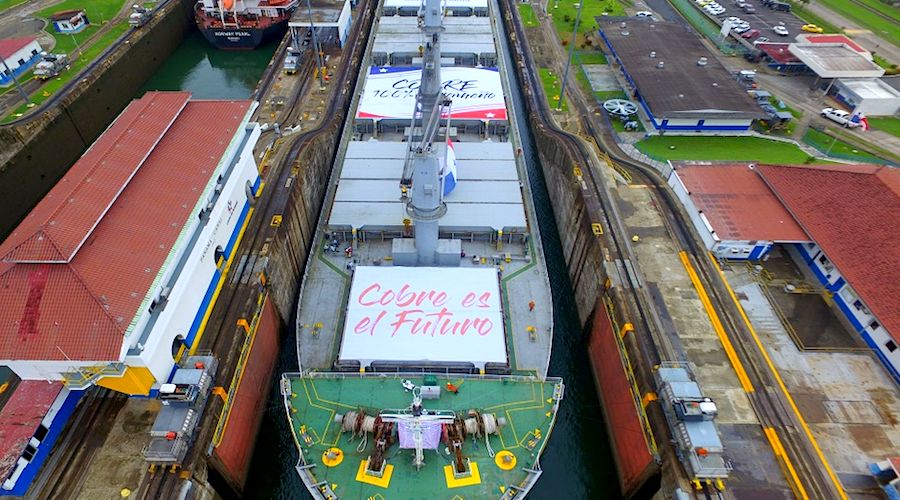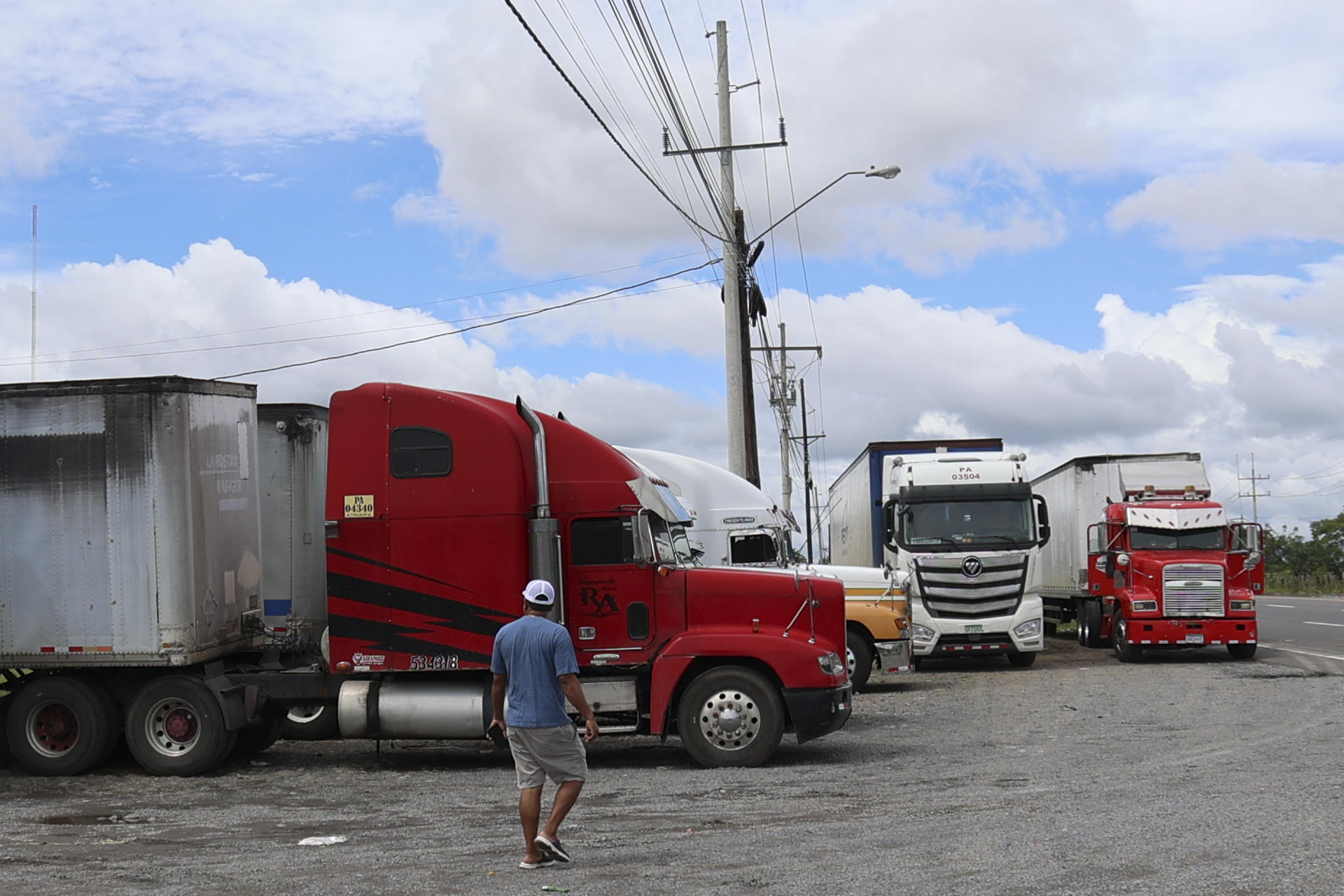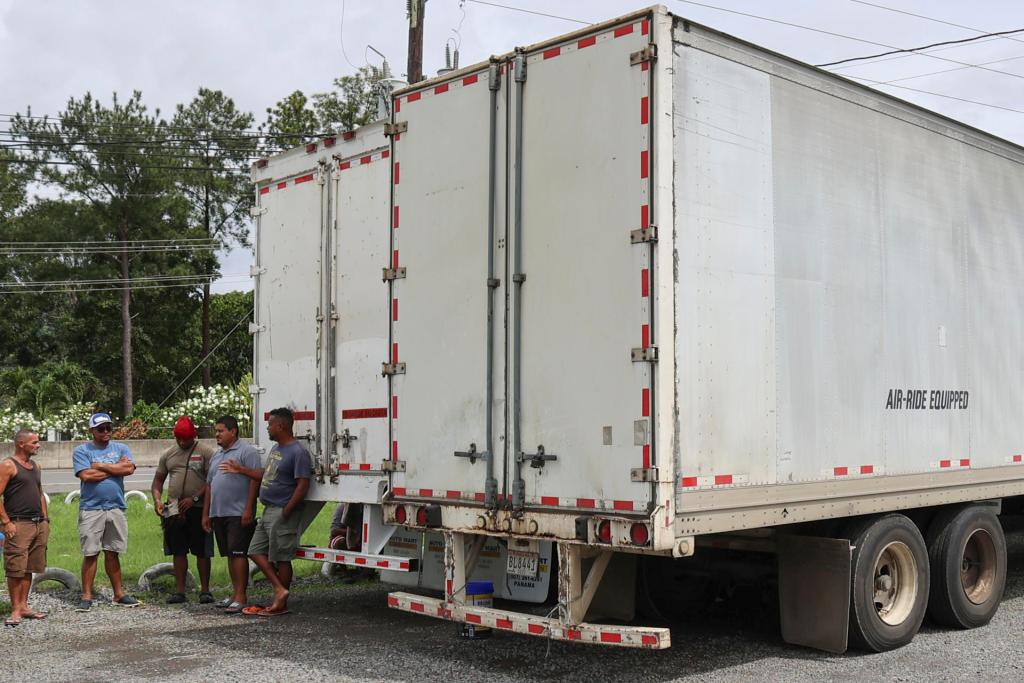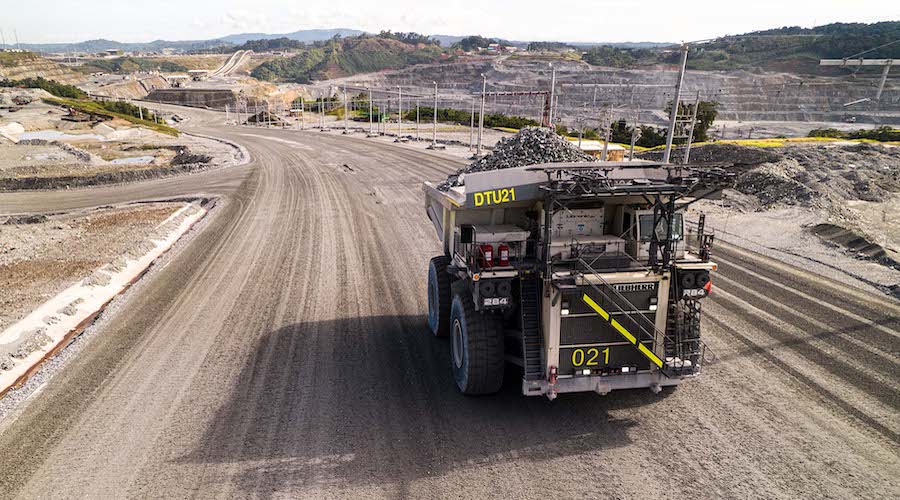A federal housing advocate is accusing every level of government in Canada of failing to uphold the Inuit's right to housing — and therefore denying their human rights.
"The housing conditions that the Inuit inhabit are the direct result of colonialism and a staggering failure by successive federal, provincial and territorial governments over many decades," says a new report from Marie-Josée Houle.
"The level of distress cannot be understated, nor can the toll that being unhoused or precariously housed has on one's physical, mental and emotional health."
The human right to housing was recognized by Parliament in 2019 through the National Housing Strategy Act, which also saw the federal housing advocate appointed to ensure the government acts to make that right a reality.
For Inuit, the right to housing means having security of tenure, availability of basic services, affordability, and culturally appropriate dwellings.
Aluki Kotierk, president of Nunavut Tunngavik Inc., said none of Houle's finding are new for Inuit.
"We live with it," she said at a press conference in Ottawa on Monday.
She said she hopes that this time, Canadians will be forced to reckon with the findings of the report, such as how inadequate housing up North can affect someone's ability to be successful, finish schooling or take care of their health.
She noted the high number of youth in the Inuit population.
"Imagine if we were supported so that each of us could thrive, and how much we would contribute to Canada as a whole," she said.
Unfortunately, Inuit are right now "neglected," she said, struggling to make ends meet instead of thriving, sleeping on rotations in crammed houses, leaving school early and, at worst, taking their own lives.
To research the observational report about Inuit housing released on Monday, Houle travelled to northern communities on the invitation of Inuit Tapiriit Kanatami, the national organization that represents Inuit in Canada.
The non-partisan watchdog made the trip to hold discussions with community members and leaders in Nunavut and Nunatsiavut, in Labrador, in October of last year.
Her report paints a grim picture of what life in the North is like for Inuit.
It includes reference to one person in Nunatsiavut who burned down parts of their house to keep warm during the frigid winter months, and of people in Labrador who resort to sleeping in their cars or tents.
Houle found that in Happy Valley-Goose Bay, N.L., which has a population of just over 8,000 people according to the most recent census in 2021, the rate of homelessness was four times as high as that in Toronto and Vancouver in 2021-22.
The census found that more than half of Inuit living in their traditional territories lived in overcrowded housing, and nearly one-third were in homes that needed major repairs.
Those who do own homes in Nunatsiavut aren't necessarily in a better position, however, as Houle found there's a lack of accessible and affordable mortgages, along with home or tenant insurance.
According to the Nunatsiavut Executive Council, 78 per cent of the population cannot access home insurance.
The same issues are true for Inuit in Nunavut, where mortgages are tied to buildings and not land. This can lead homeowners to be left with high debts and no capital should their home burn down or be seriously damaged, Houle's report notes.
The housing advocate reported that some Inuit did not have water, sanitation or reliable access to heat or energy for their homes.
Washroom fixtures left in disrepair led to persistent leaks that increased water costs for some Inuit homeowners and led to moisture levels that provide an environment for harmful mould, Houle found.
The cold leads to its own set of problems.
For those with access to oil furnaces, the cost to operate a comfortable temperature indoors can cost up $57 per day in Nunatsiavut or up to $500 per week in Rankin Inlet, Nvt. — an expense some Inuit can't afford to pay.
In many northern communities, new housing simply isn't being built, Houle found.
Her report says the hamlet of Pangnirtung, Nvt., population 1,500, hasn't seen a new build in a decade. A single wait-list for public housing included 120 families as of March 2022, some of which had been on the list for more than 10 years.
In Rankin Inlet, where just under 3,000 people live, 15 housing units were built in 2022 and 20 units are planned for 2023, the report says.
But Houle heard that people feel abandoned.
The lack of stable housing is particularly difficult for those in need of mental health and addictions support.
And a "lack of long-term housing options continues to put Inuit women in Nunatsiavut at risk of having their children seized by the state," the report reads.
These problems are compounded by a high cost of living, high unemployment rates and a lack of access to daycare, Houle concluded.
The advocate also reported that overcrowding in Inuit housing is leading to the spread of tuberculosis and other viruses. Between 2015 and 2018, the rate of tuberculosis in traditional Inuit territories was more than 300 times higher than that of non-Indigenous Canadians.
NDP MP Lori Idlout, who represents Nunavut and serves as her party's Crown-Indigenous relations critic, says she hopes the report will reignite a conversation about the increasingly dire issue.
Idlout told the story of a young pregnant woman in Nunavut who knew she wouldn't be able to find housing for years to come. The woman chose suicide "instead of living with that reality," Idlout said.
It has been an uphill battle to advocate with the federal government to address the situation, Idlout said, adding she's already been trying for years.
"We're not being heard loud enough."
Houle's report includes a slew of recommendations.
She is calling on the federal government to transfer jurisdiction over Inuit housing programs to Inuit governments, and for all levels of government to recognize housing as a human right.
The report also says governments should work with Inuit regional organizations to develop addictions treatment plans, and to put adequate funding toward providing access to safe, adequate and affordable housing for all.
Idlout said the federal government "needs to realize how these investments could actually help Indigenous Peoples be the healthy, productive adults that they want to be so that they can contribute to Canada's economy. Because that's what we want to do."
This report by The Canadian Press was first published Nov. 27, 2023.
